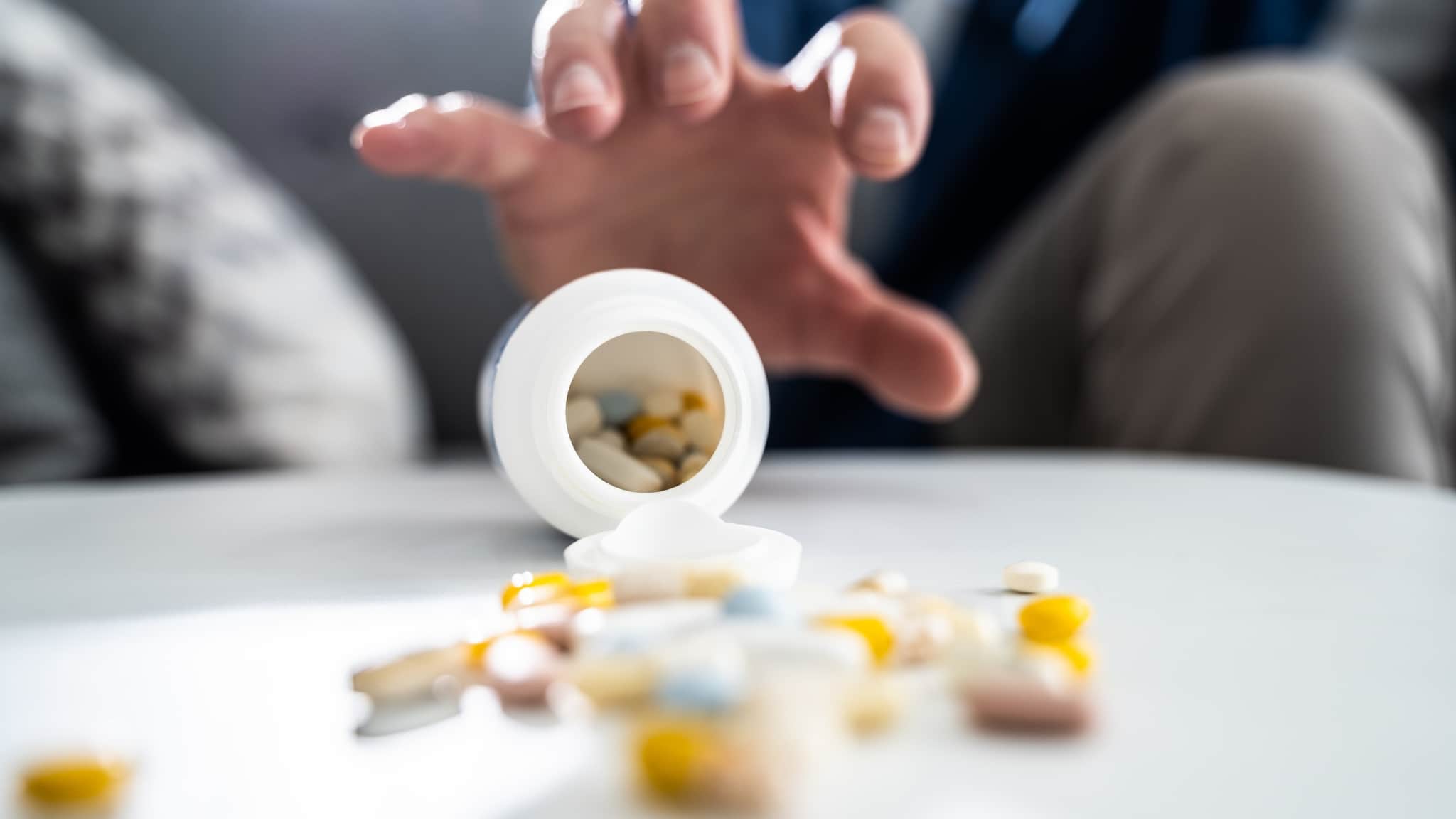Drug detox and withdrawal symptoms will always be worse if a person does not receive medications and medical support because they remained at home. Drug detox centers are equipped to medicate their patients, so they do not notice the physical, mental, or emotional withdrawal symptoms.
There is a need for more drug detoxification programs that provide safe and effective medications to help the vast numbers of people who cannot quit all by themselves. For many entering a drug detox center is a blessing so they can end their addiction to opioids like heroin prescription pain killers or fentanyl, alcohol, meth, cocaine, benzos, and marijuana.
Among people aged 12 or older in 2020, drug use was highest among young adults aged 18 to 25, at 12.4 million people, followed by adults aged 26 or older, at 43.4 million people, then by adolescents aged 12 to 17, at 3.4 million people. (SAMHSA, 2020)
What is a Drug Detox?
The goal of drug or alcohol detox is to allow someone to safely rid their body of drugs and alcohol so that the individual can begin a treatment program. Many people addicted to substances also want to believe that all they need is to detox and then be cured. In scarce instances, this can be true, but overall, it is not.
Because addiction develops into a physical dependency that requires drug detox, this individual has a severe addiction. A quality drug detox center is most often combined with an evidence-based treatment program.
Why Does Someone Need Treatment After Detox?
Because the person’s body becomes accustomed to having alcohol or drugs in its system, the person’s emotional and mental well-being will also require drugs or alcohol to feel normal. This is why it is so difficult for someone to remain clean and sober once they have completed a drug detox program.
People usually experience unpleasant withdrawal symptoms well past detox. This is why going from drug detox into a treatment program door to door is ideal.
Understanding Physical Dependence and Addiction
A person is considered physically dependent on a drug if they cannot stop taking it without experiencing withdrawal symptoms. Also referred to as chemical dependency, it is a condition that worsens as the person’s use of a drug or alcohol increases, raising their tolerance.
Tolerance occurs when there is an ongoing increase in the number of drugs or alcoholic drinks that a person needs to feel high or better, as in the case of alcohol, benzodiazepines, and opioids. These three categories of substances cause a physical dependency that leads to needing the substance just to function, not necessarily to get high or drunk.
What Does a Quality Drug Detox Provide?
The drug detox center that we recommend provides medications upon arrival. The patients can rest and sleep for as long as they need before they feel well enough to function. Once a person is past the first week or so of their drug detox, they are invited to participate in several mental health and physical health activities, which includes:
- Attending one on one counseling
- Going to Small Group counseling
- Acupuncture and Massage
- Participate in physical exercise and workouts
- Engage in Yoga and Meditation classes
Additionally, all patients in the detox unit are allowed to smoke or vape outside. They may also keep their cell phones, watch movies with other patients, and do lighthearted activities.
Patients are seen every day by a medical doctor who will prescribe them medication to help them become stable physically, mentally, and emotionally. All patients are provided same-day access to a short or long-term treatment program that they decide on with their counselor whom they see also in detox.
What Medical Experts About Drug Detox
The National Institute on Drug Abuse recommends treatment following detox. It is more likely that a person will return to drug or alcohol use and problems if they do not receive evidence-based therapy following detox.
Medications can be used to manage withdrawal symptoms, prevent relapse, and treat co-occurring conditions. Medications can help suppress withdrawal symptoms during detoxification. Detoxification is not in itself “treatment” but only the first step in the process. Patients who do not receive any further treatment after detoxification usually resume their drug use. After detoxification, patients can use medications to help re-establish normal brain function and decrease cravings. (NIDA, 2022)
Medically Reviewed: November 22, 2022

All of the information on this page has been reviewed and verified by a certified addiction professional.

